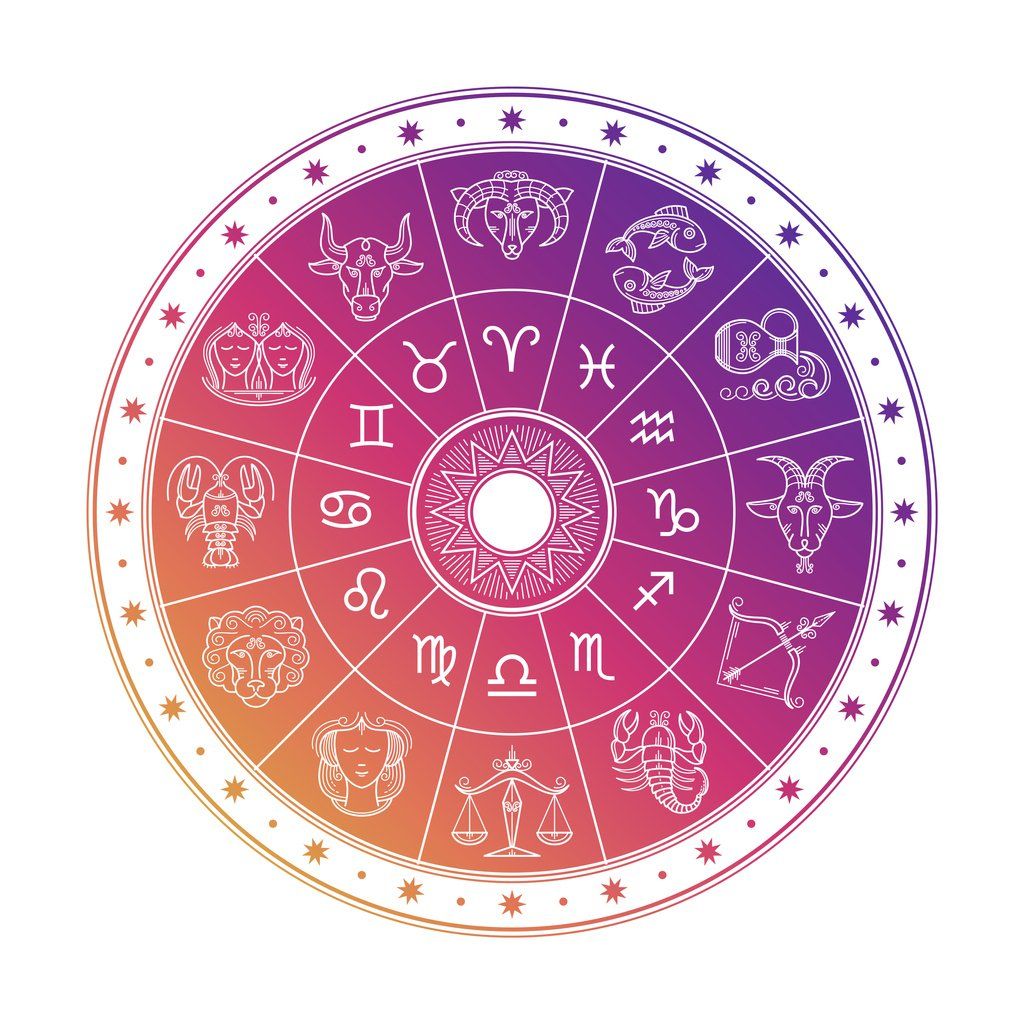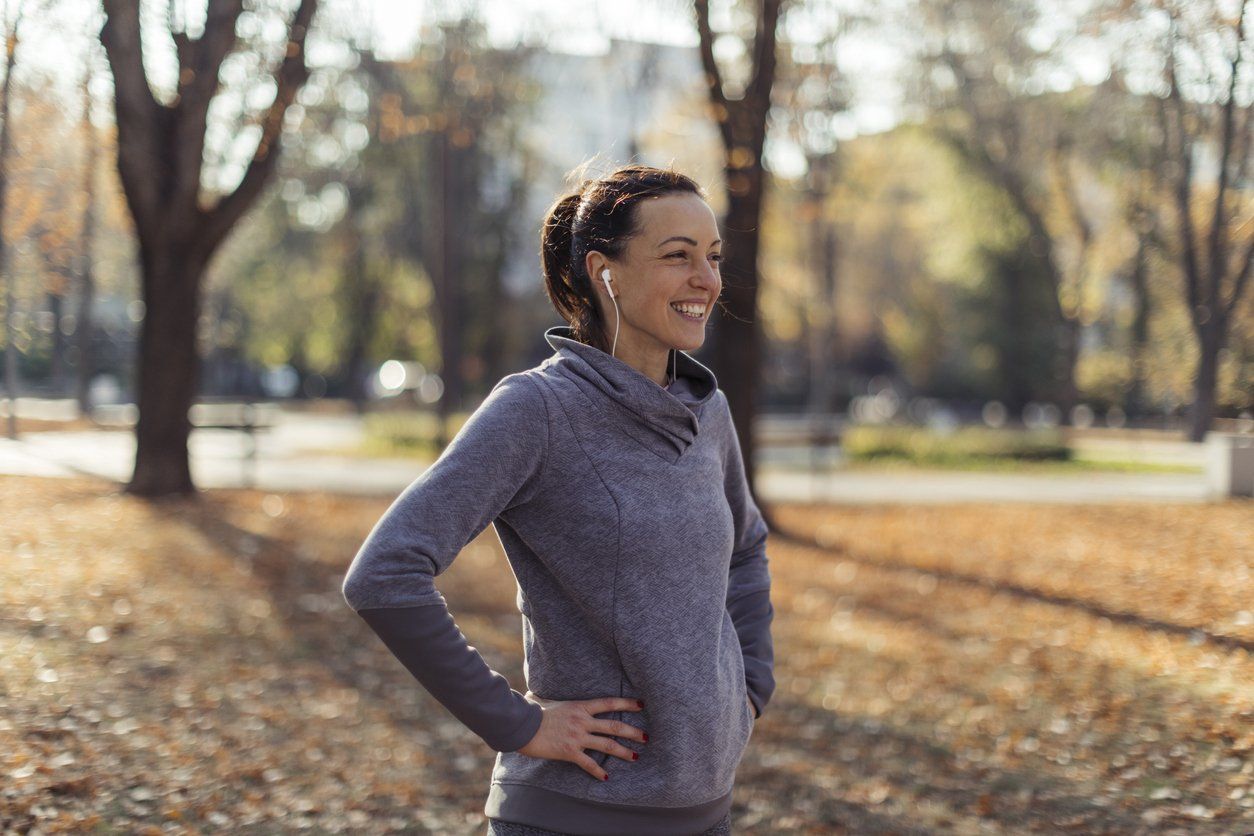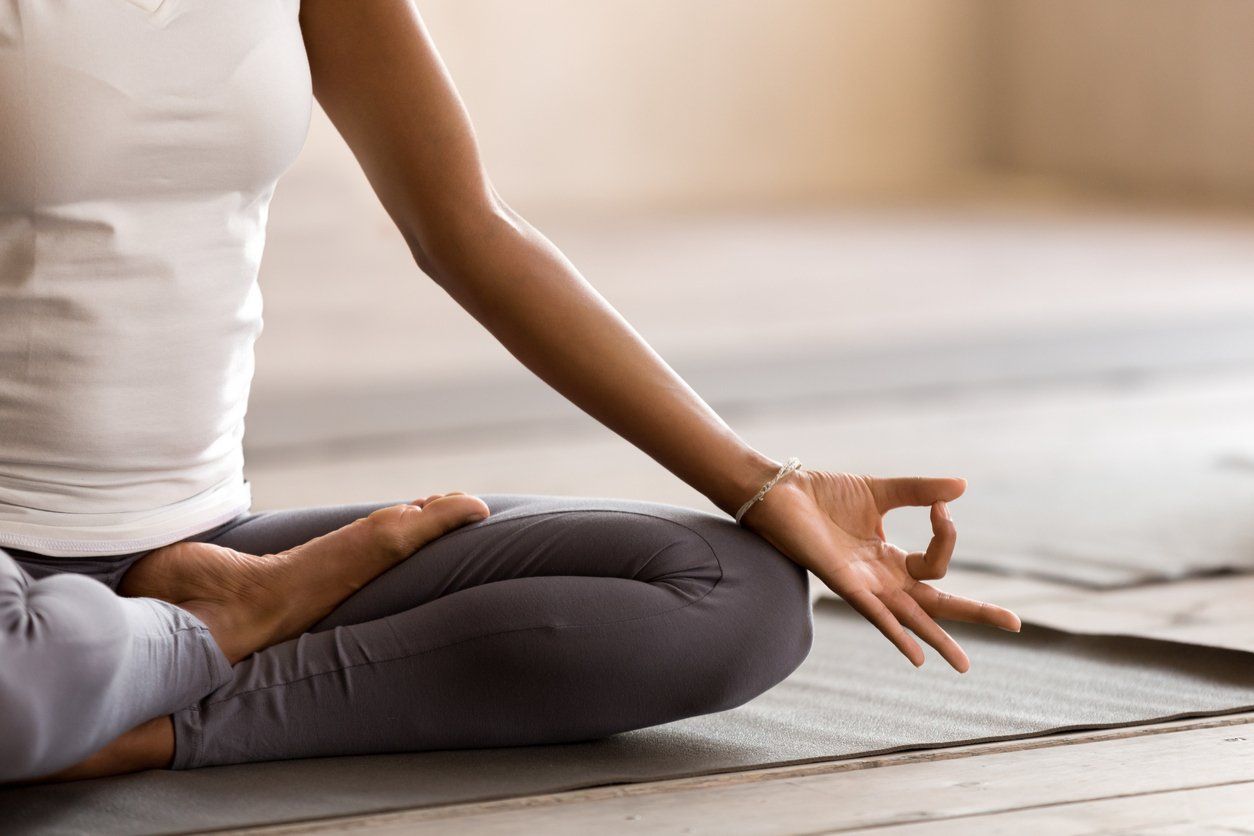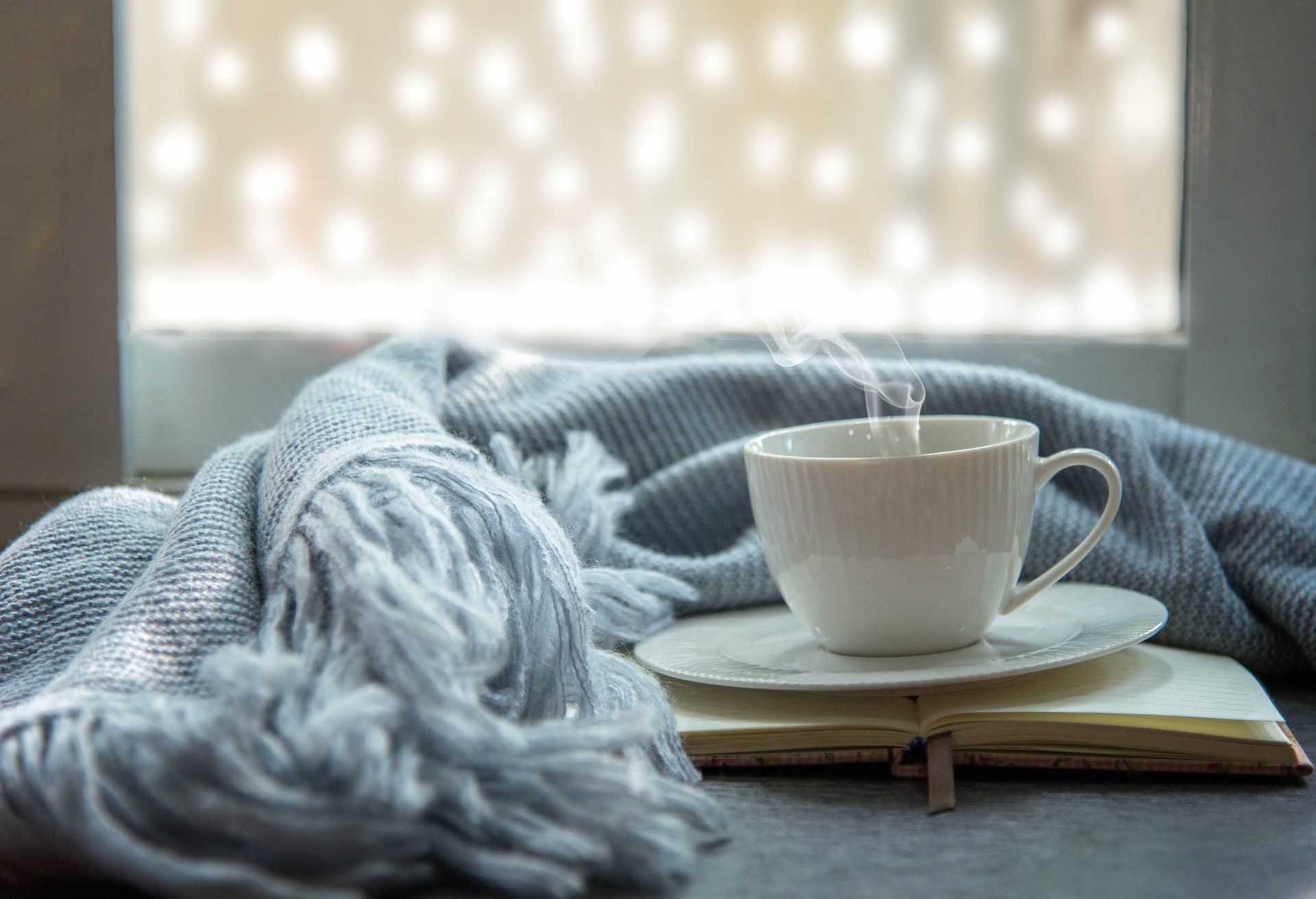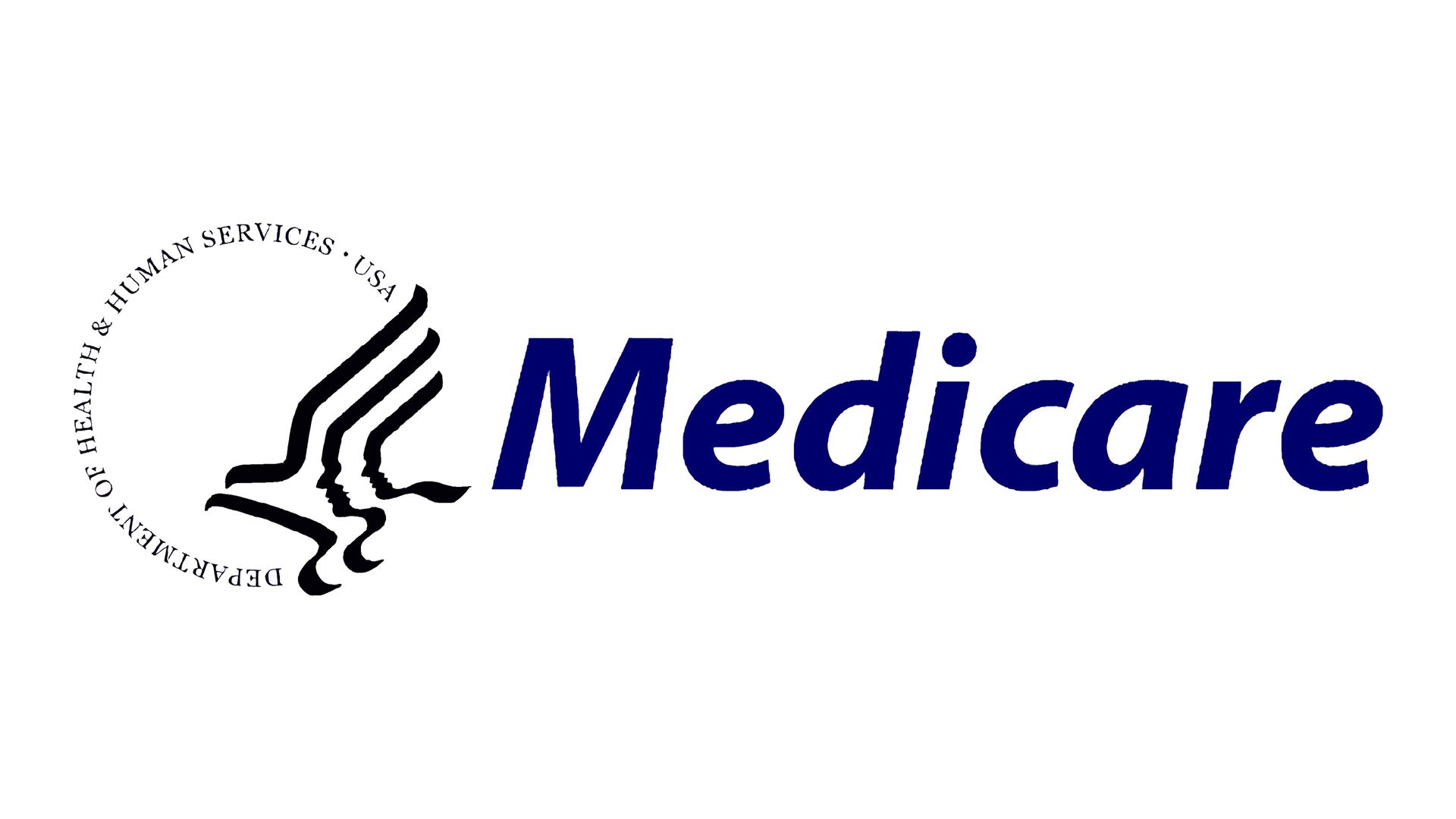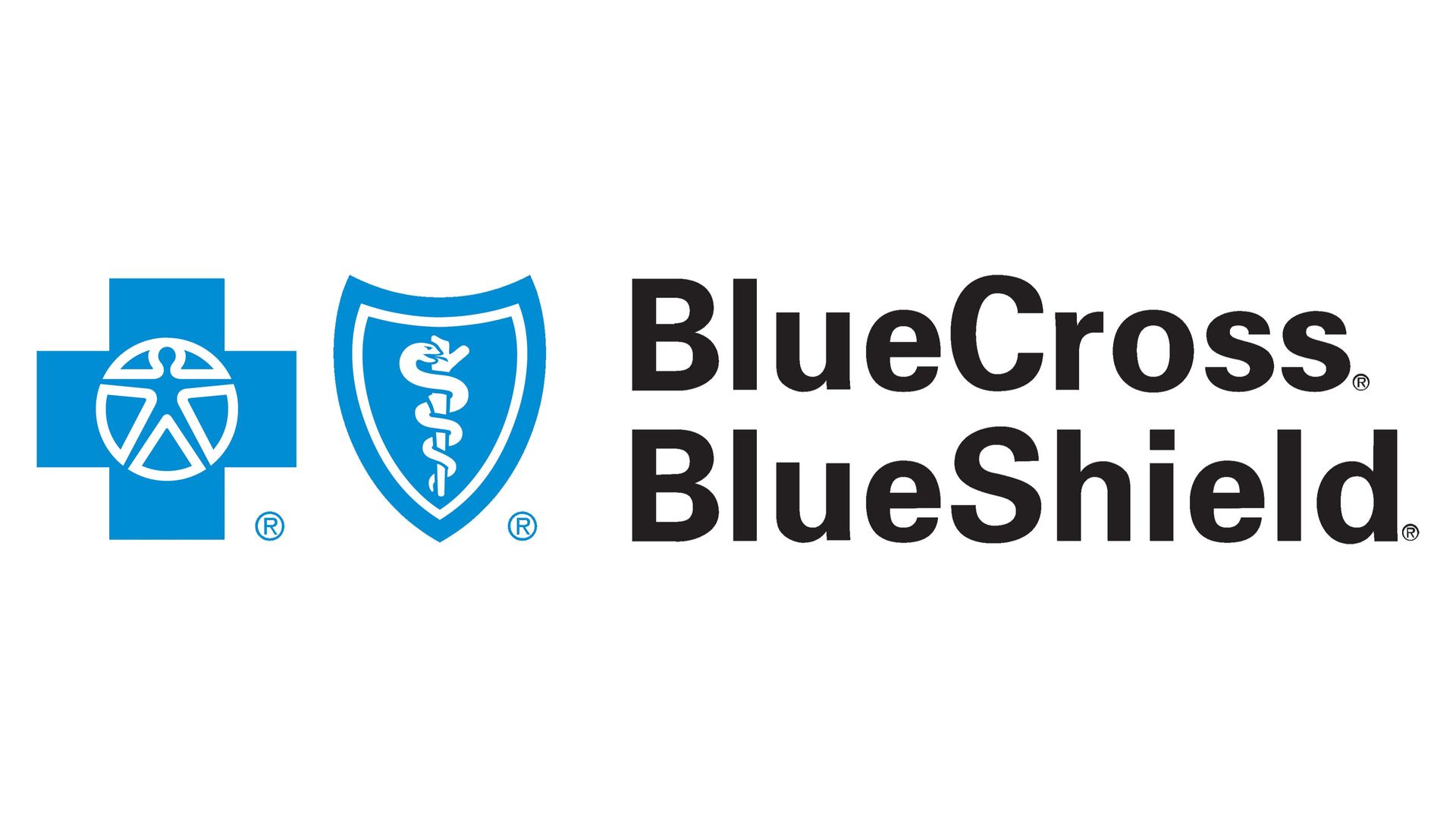Allergies, sinus infections and colds…
For some of us this is how we welcome Fall.
Many of my patients have seasonal and chronic allergies, as well as chronic sinus infections and/or frequent colds. Fall is lovely in Chicago but if you are allergic to ragweed (or mold), you are likely sneezy and itchy, which may eventually manifest as you fighting a cold or a sinus infection.
Hay fever is the general term for fall allergies, as the body is reacting to pollen grains that are present in the air between August and October, or when the first frost occurs. The most common culprit is ragweed. When you have fall allergies, your immune system believes that pollen is a pathogen and mounts a defense – resulting in the release of histamine, a protein, that causes sneezing, congestion, fatigue, post nasal drip, coughing, itchy eyes, nose, throat and skin, and exacerbate asthma.
Here are a few tips to help you reduce fall allergy reactions:
- Wash your skin, hair, clothes and sheets frequently. Pollen grains are tiny and float through the air. And one ragweed plant can produce a million grains of pollen (see this exceptionally good WebMD article). Getting the pollen off your body after being outdoors can lessen the severity of your symptoms.
- Use the neti pot or another nasal irrigation system. Nasal irrigation rinses your sinus passages of pollen as a shower rinses your skin.
- Start treatment early and watch pollen and mold counts. Mold aggravates hay fever symptoms as well (source: James Stankiewicz, MD, chairman of the department of otolaryngology at Loyola University Chicago Stritch School of Medicine, as cited by WebMD), and keeping the air conditioning will reduce humidity which will help lower interior mold counts.
There are a lot of over the counter and prescription medications to treat allergies and sinus infections (which may often occur for allergy sufferers after a few weeks or even days of hay fever). These medicines can be helpful but may have unpleasant side effects and antibiotics are frequently prescribed for sinus infections, often without culturing the infected area to determine the specific bacteria.
The beauty of chinese medicine is that it can help fight allergy symptoms naturally and prevent the resulting sinus infection. I often have patients come to me after they have tried the over the counter route and even been on antibiotics, but the problem persists. And rather than take another antibiotic (and damage their gut even further, more on that in a future blog), they want to try a natural remedy. Along with chinese herbs, acupuncture is especially helpful at opening up the sinus passages (including any congestion in the ears which can also occur). Patients get up from the table and can breathe, feel relief from sinus headaches or that itchy palette or even post nasal drip cough.
And did you know that dark circles under the eyes are often caused by allergies? With inflammation, the veins under the eyes swell and and rub against the skin, creating a dark color, and blocked nasal passages can also create dark circles as veins from the nose to the eyes become dark and dilated.
These are general guidelines; everyone’s body is unique. Please contact me for a consultation for your specific needs.
